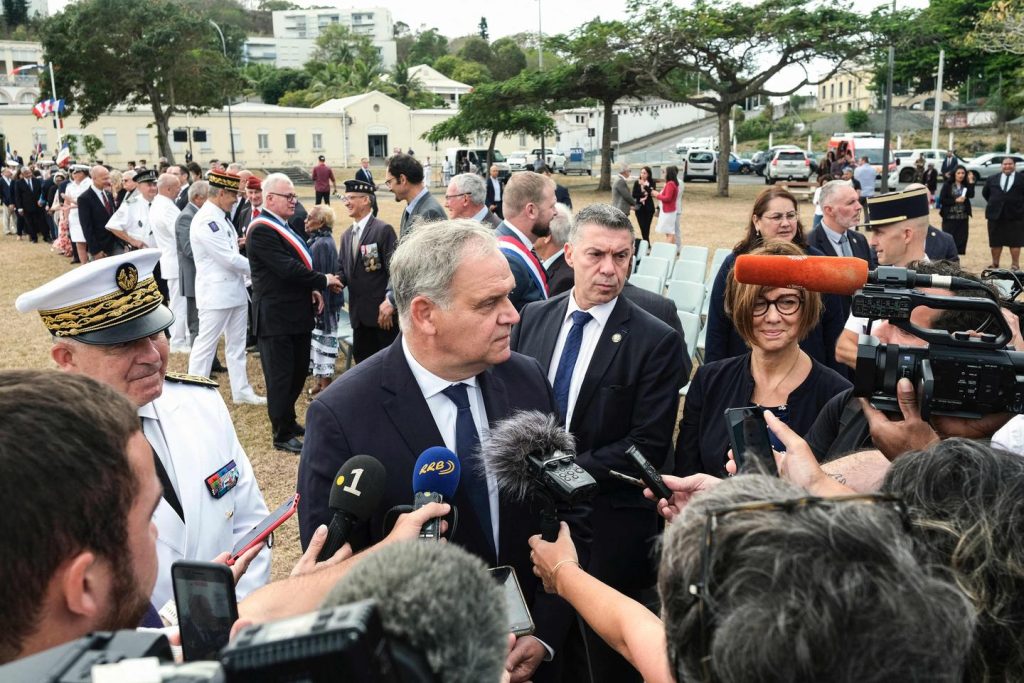Following the conclusion of an insurrection in New Caledonia, François-Noël Buffet, the minister in charge of overseas territories, visited the Medipole hospital in Noumea, which had previously been under siege during the unrest. While the hospital grounds appear to have returned to normalcy, the crisis continues to have lasting effects within the hospital walls. The hospital is facing a significant shortage of healthcare professionals, with vacancies in various departments ranging from dialysis to neurology, gynecology, oncology, and pneumology. The departure of a significant number of doctors and medical staff has led to a drastic decrease in the hospital’s capacity to provide care, impacting the quality and availability of services for patients.
The service of dialysis, for example, has seen a 60% decrease in capacity due to the absence of essential staff members. In neurology, two out of five doctors have left, while half of the gynecologists and all three oncologists have resigned. The situation has forced the hospital to close beds and restrict services, resulting in challenges in patient care and an increase in medical-legal issues. The exodus of medical professionals, particularly those from mainland France who make up a quarter of the workforce, poses a significant threat to the hospital’s ability to function effectively. Concerns have been raised about the potential mass exodus of medical staff before the start of the new school year in September, which could further worsen the situation.
The president of the hospital’s medical commission, Dr. Thierry de Greslan, warns that if the departures reach 25% of the workforce, the hospital could collapse. Already, there has been a noticeable increase in absenteeism, indicating the strain on the remaining staff. The atmosphere within the hospital is described as a mix of grief, anger, and sadness, as the staff grapple with the aftermath of the crisis and the ongoing challenges they face. Despite the difficulties, there is a sense of resilience among the remaining healthcare professionals, who continue to provide care to the best of their abilities under challenging circumstances.
The situation at the Medipole hospital in Noumea is reflective of the broader societal and political challenges facing New Caledonia in the aftermath of the recent unrest. The impacts of the crisis extend beyond the hospital walls, affecting the entire healthcare system and the community at large. The exodus of medical professionals highlights the fragility of the healthcare system and underscores the need for long-term solutions to address the underlying issues that have contributed to the current situation. As the government and local authorities work to stabilize the situation, there is a pressing need to address the root causes of the crisis and implement measures to prevent similar incidents in the future.
In conclusion, the challenges facing the Medipole hospital serve as a stark reminder of the importance of a resilient and sustainable healthcare system in New Caledonia. The departure of a significant number of doctors and medical staff poses a threat to the hospital’s ability to provide quality care to patients and highlights the need for urgent intervention. As efforts are made to address the staffing shortages and rebuild the hospital’s capacity, it is essential to prioritize the well-being of healthcare professionals and invest in long-term solutions to strengthen the healthcare system. By addressing the underlying issues and supporting the efforts of healthcare workers, New Caledonia can work towards a healthier and more resilient future for all its residents.


